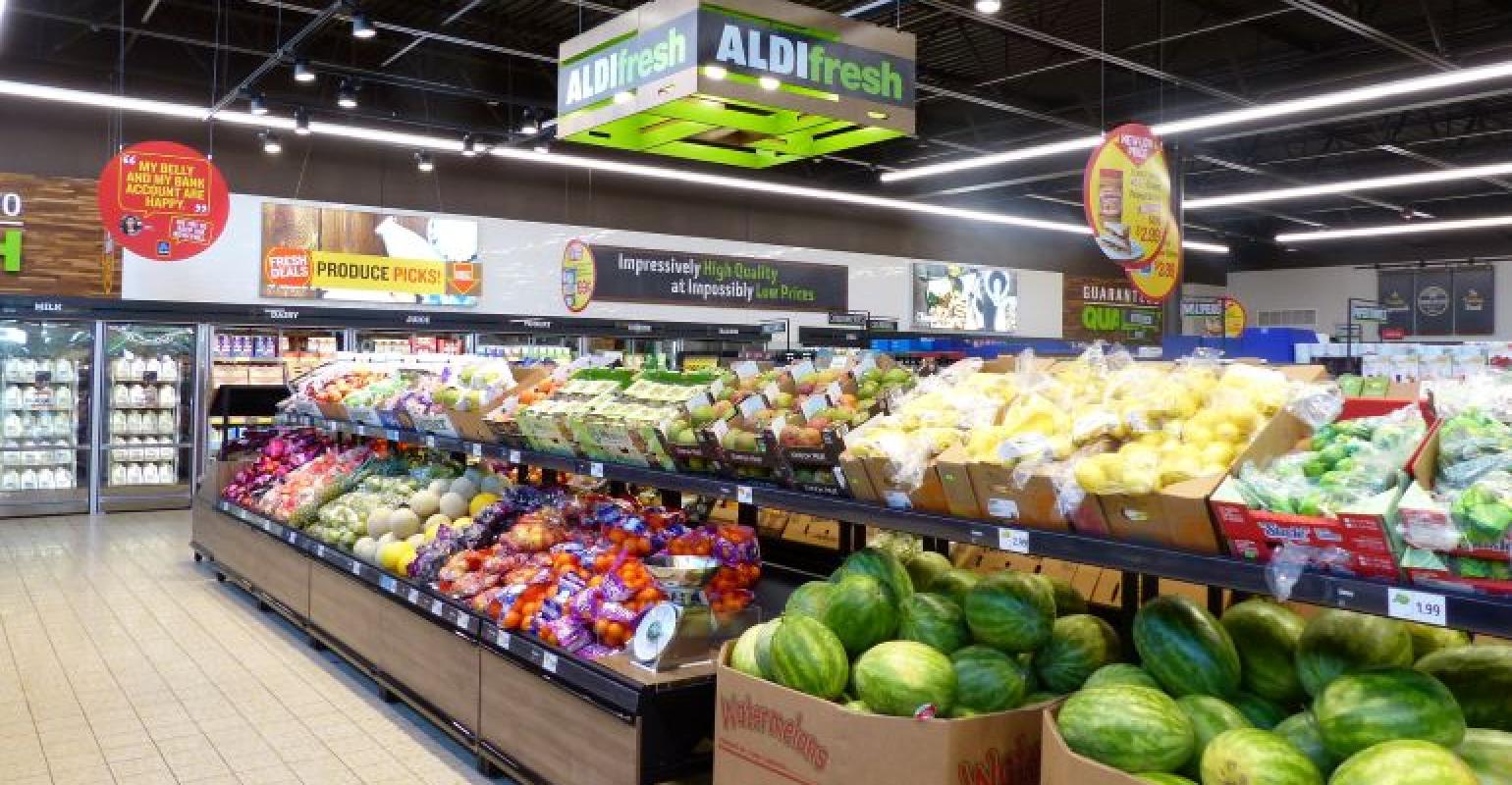Few were conscious of Covid-19 at the beginning of this year, making the speed with which it has come to dominate everyday life all the more shocking. As nations struggle to get a grip on the pandemic, there is a feeling that things will never go back to normal.
While much of the media coverage has focused on business sectors that are facing a bleak future – for example hospitality and tourism – others are actually thriving. Management accountants need to be aware of which sectors will grow and which will contract and, although it is still early days, there are some sectors that could provide us with useful data about how businesses can adjust to the changed post Covid-19 world.
Entertainment
The virus has had a mixed impact on the entertainment world, with film and television studios forced to shut down production indefinitely, but streaming services such as Netflix enjoying record viewing figures due to the lockdowns. The lucrative casino industry has been hit too, with land-based casinos having to close. The economic effect of this is devastating for places like Las Vegas and Macau where the economy is reliant on gambling, but on the other hand we are seeing a surge in the numbers of people playing online casino while locked down at home. A further shift towards this by the industry is a real possibility now.
Technology
Not all tech firms have benefited from the coronavirus crisis, but those that provide tools which enable people to work remotely certainly have. Companies are trying to stay afloat by transitioning to home working and video conferencing tools like Zoom and Microsoft Teams are being deployed for meetings. Zoom has enjoyed a spike in its share value, while Teams now has 44 million people using it around the world. This is unlikely to be a temporary boom for this sector, as the crisis has led many companies to realise that productivity can be maintained without the need for expensive office spaces.
Supermarkets

Within the retail sector the story has again been a mix of boost and bust during the crisis. Many smaller shops are worried about surviving until they are able to reopen, but large supermarkets are benefiting from still being open and are making use of innovative contactless technology to deliver goods to people. One big food company in China made over 80% of its deliveries in this way in the early part of the year, due to customer demand, and delivery apps such as Fresh Hema and Amazon Go are capitalising on the situation. Again, it seems likely that consumers will be reluctant to let go of the convenience of having goods delivered to them in this way once the crisis passes, so this could be another example of a permanent shift.
These are just three examples of the way in which some sectors are coping well with the crisis, either because their existing way of operating was well suited to the situation or because they have been able to adapt. All of them are able to offer remote services that are ideal during a public health crisis, but are also attractively convenient in normal times and the shift towards remote tech-based solutions is a trend that may well outlive the virus.






